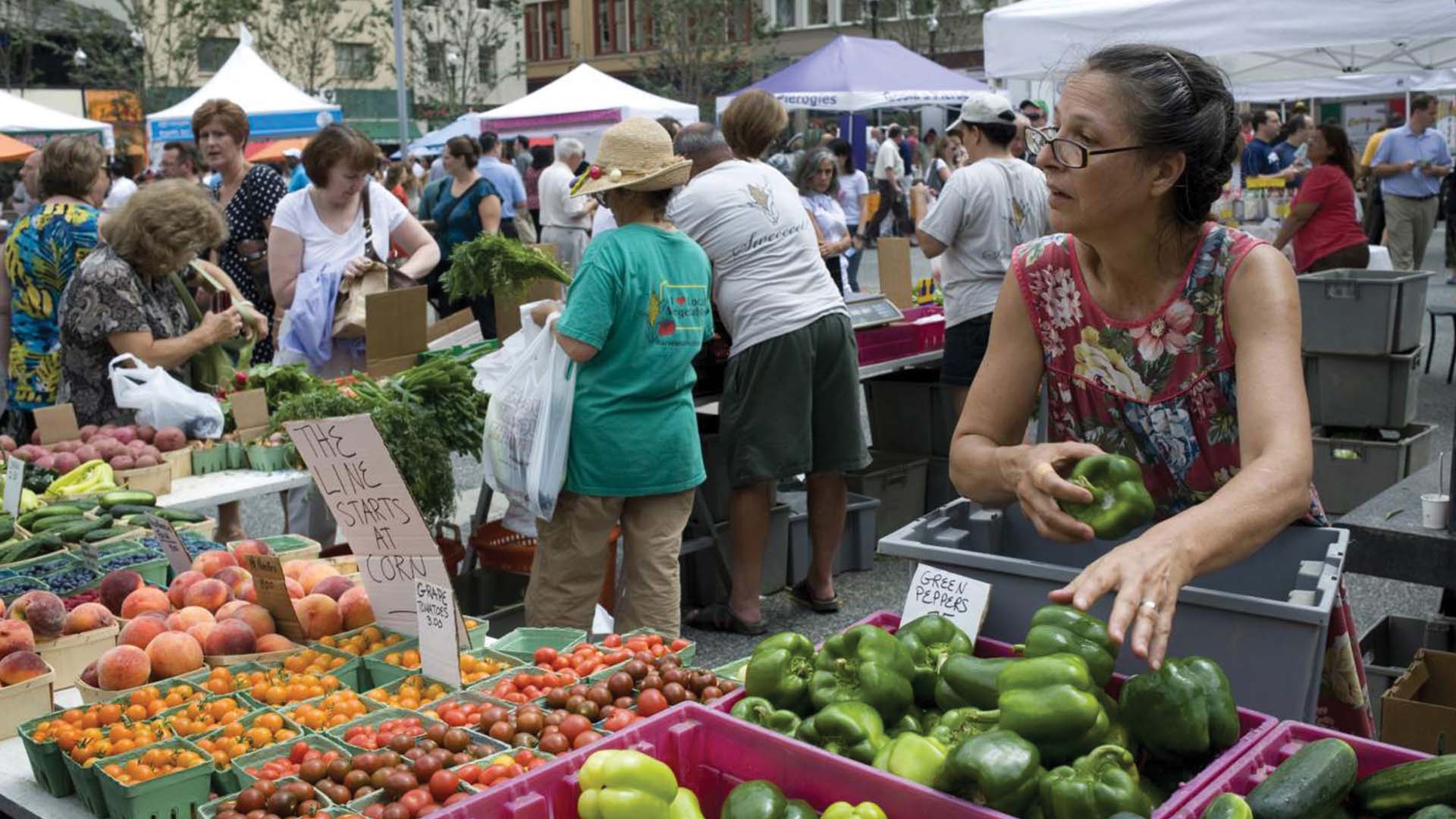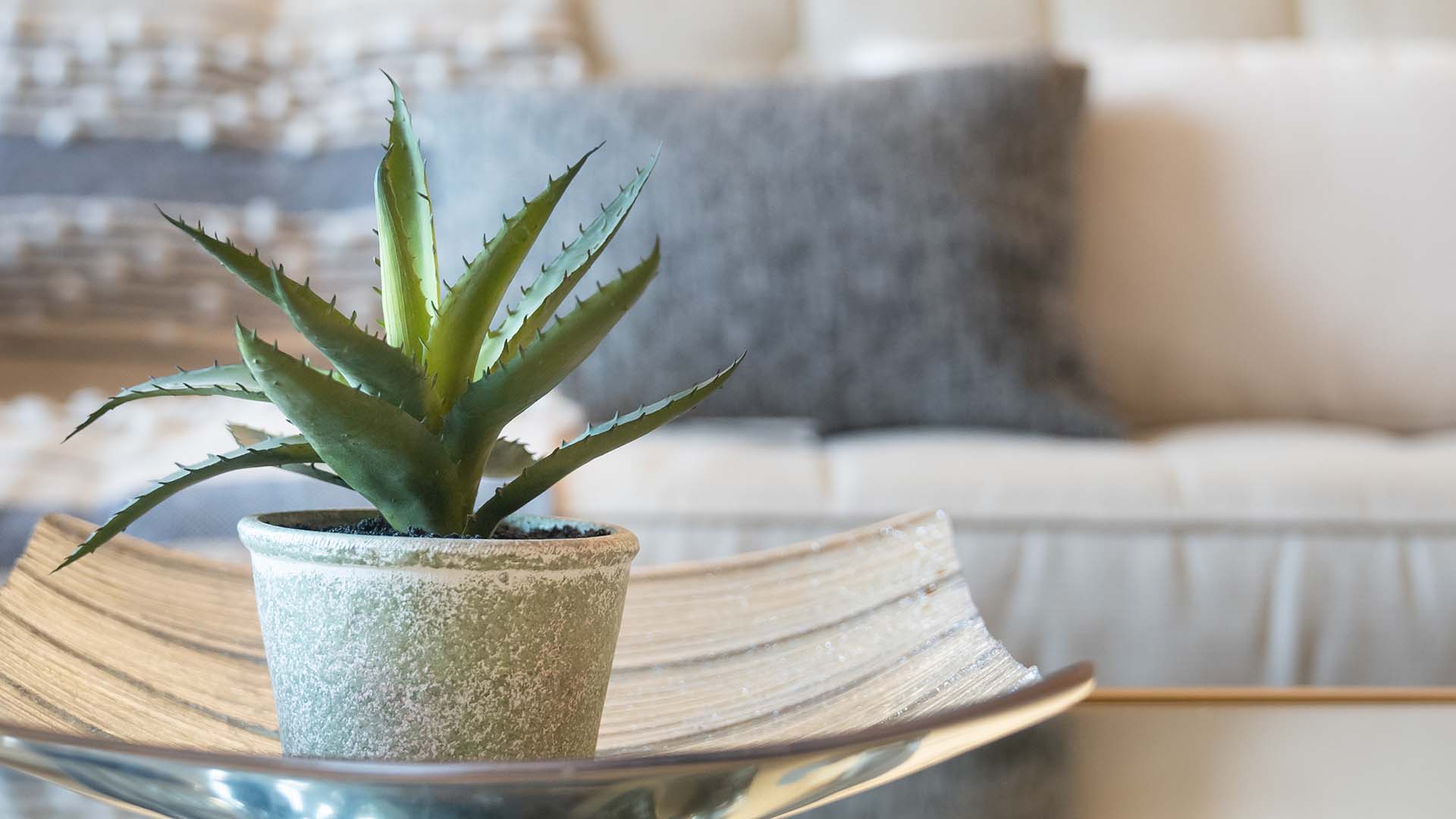A series of high-end restaurants are changing their dining schedules by closing on weekends or evenings to provide a better work environment for their staff while still maintaining profits.
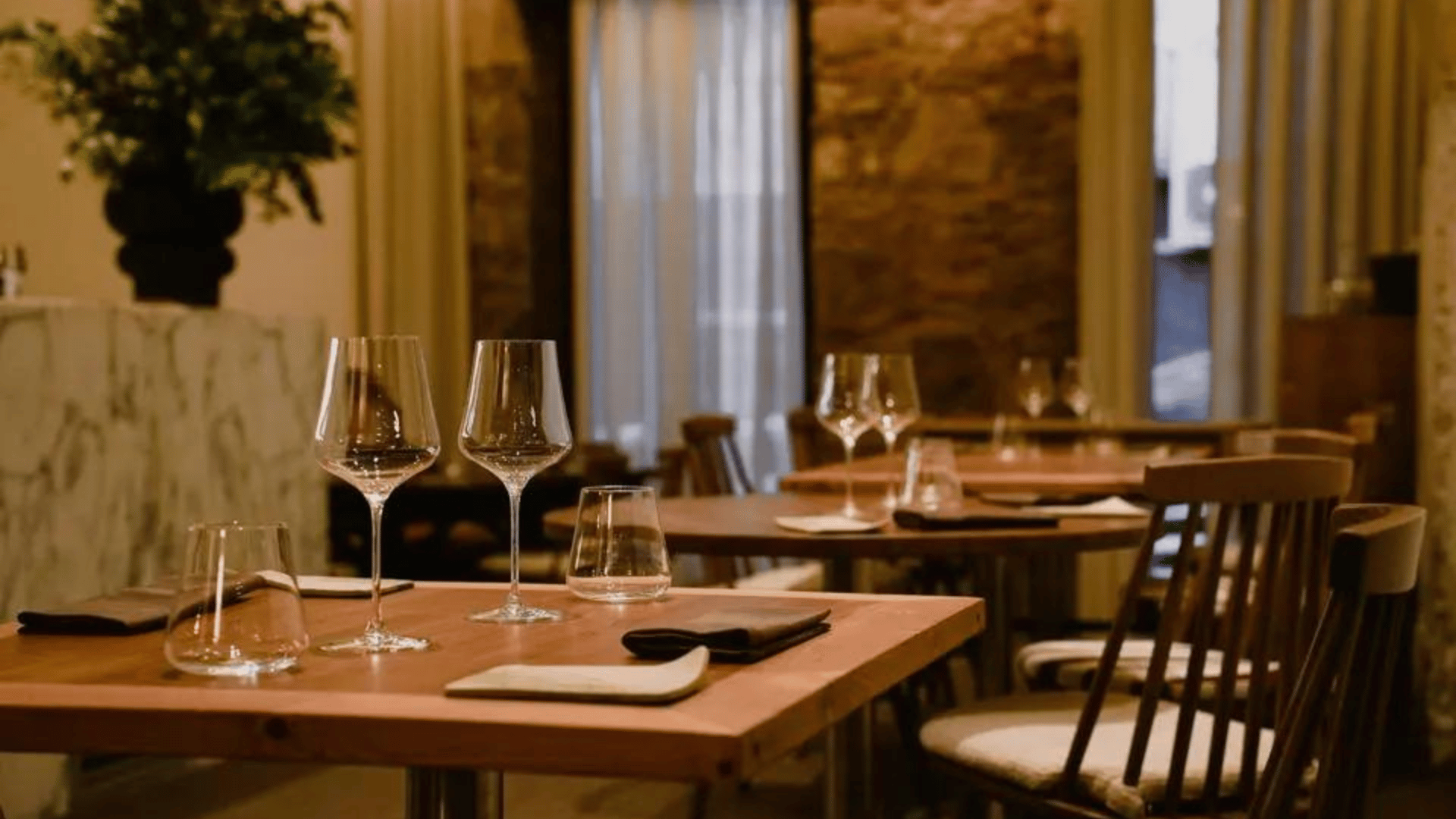
One example of this schedule change is the vegan fine-dining restaurant Arkhe in Lisbon, run by co-owners, chef João Ricardo Alves and maître d’hotel Alejandro Chávarro.
They prioritized opening on Mondays over Saturdays because both Alves and Chávarro had previously worked in Michelin-starred restaurants in France. During that period, they had seen that weekend guests tended to spend less and demand more.
“The Monday clientele comes because they love food,” said Chávarro. “They’re more committed. They’re more intentional; they want the full experience.”
Similarly, owners of Copenhagen’s two-star restaurant Jordnaer, Chef Eric Kragh Vildgaard and his wife Tina Kragh Vildgaard, reduced their service to four dinners per week (Tuesday through Friday).
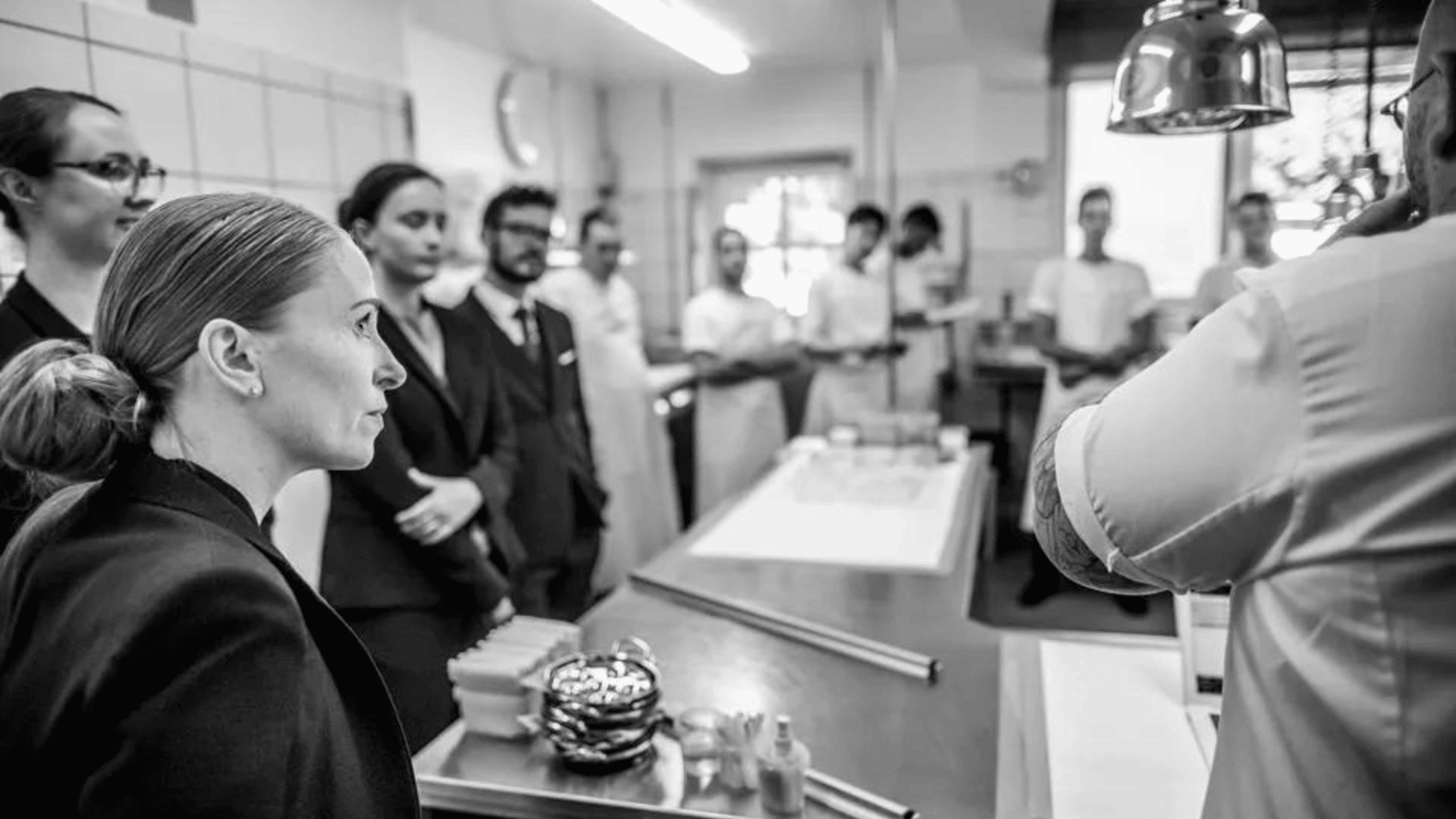
“It’s like a loop, where if you push toward a better work-life balance, you become a success,” adds Eric. “And if you’re a success, you can dictate a little bit more when you’ll be open.”
The idea that work-life balance plays a role in the success of your business is also held by Spanish chef Alejandro Sérrano, who holds a Michelin star at his namesake restaurant near Bilbao and was named to Forbes’ 30 under 30 list in 2022 for becoming the youngest chef in his country to receive that honor.
“I opened my restaurant when I was 21 years old, and my father’s advice was, ‘Alejandro, you must work hard to keep the restaurant solvent. If you don’t rest a day, much better,’” Sérrano recalls. “There was a part of me that said, ‘I’m going to listen to my father; he knows better.’ Another part of me was warning me that my creativity was atrophying and I was turning into a soulless cook.
Explore Tomorrow's World from your inbox
Get the latest science, technology, and sustainability content delivered to your inbox.
I understand that by providing my email address, I agree to receive emails from Tomorrow's World Today. I understand that I may opt out of receiving such communications at any time.
After spending time working himself tirelessly, he realized this not only wasn’t leading to success but was also diminishing his quality of life.
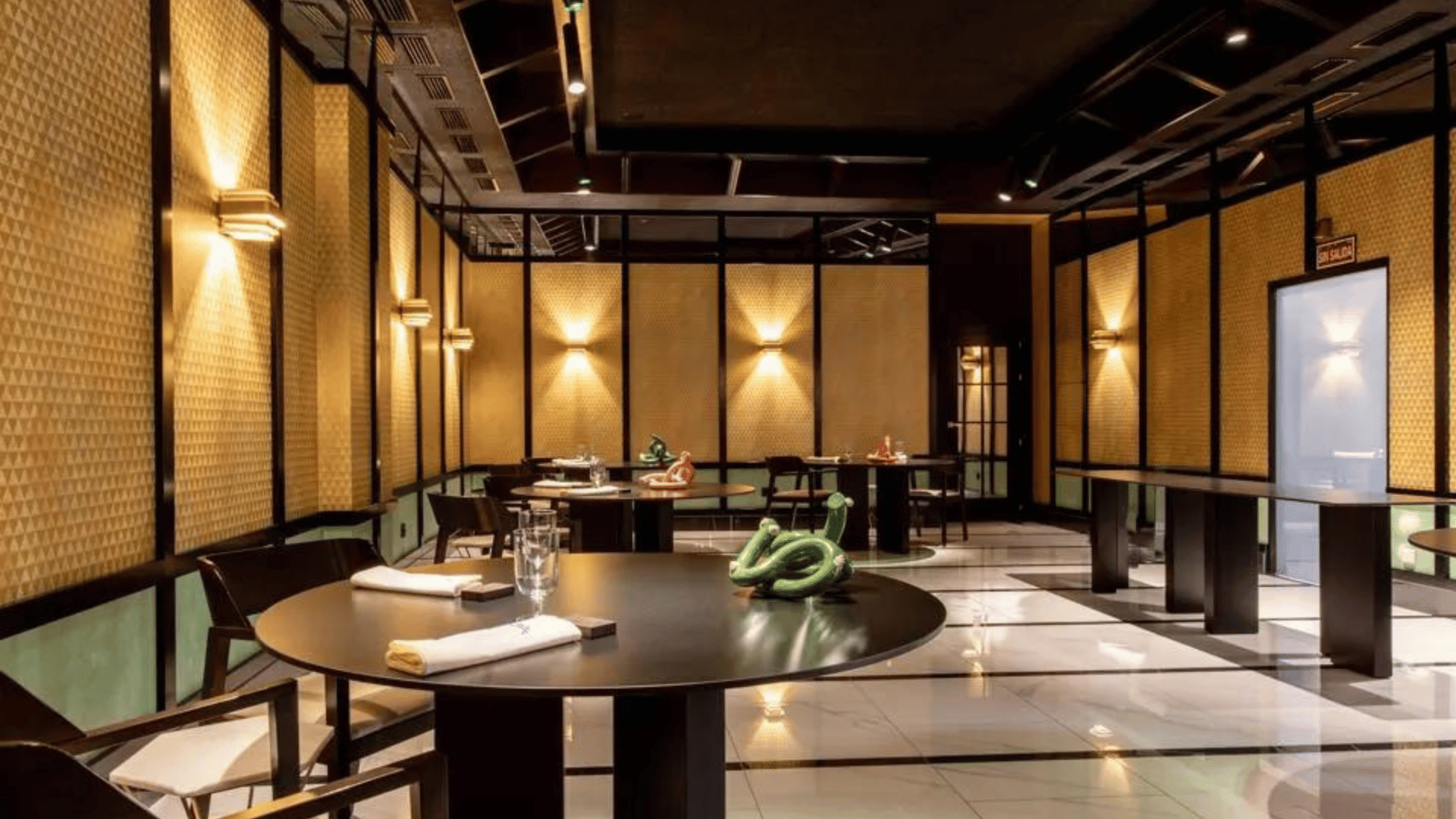
“I realized that the clients were looking for my essence and were finding a void covered by inherited excess work. I began to have much healthier habits and found my inspiration very quickly. I discovered that I was finding inspiration in all these good moments that came from having some time outside the kitchen and living life.” Sérrano stated.
Sérrano has insisted on creating that same healthy work schedule for his employees, which he believes “translates into having a loyal, healthy and intelligently emotional team.” He also takes his team on eating tours around the world to further fuel their creativity.
“If we want to have a restaurant industry in 15 or 20 years, we need to make it compatible with the rest of society,” says Eric Kragh Vildgaard. “Of course, we need good products and sustainable products,” he continues. But “we only talk about the sustainability of the carrot. What about the people handling the carrot? The products are super-important for what we do. But if we don’t shift the way we treat the people who cook the carrot, then the lifestyle is not sustainable and there is no industry.”






